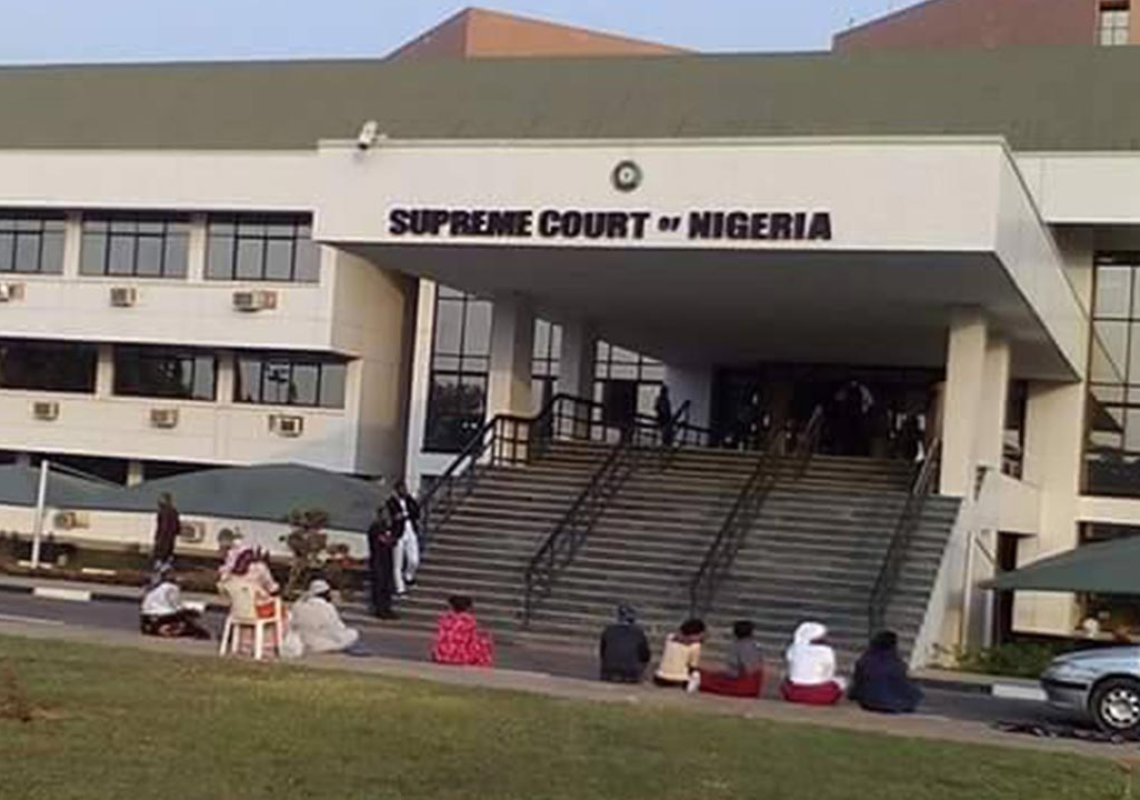
This is how the judiciary works in Nigeria, where litigants who file their cases in Court are not sure that they will still be alive when the case is finally decided. By default, the courts serve the interests of the defendant, in this case the lessee who must have remained in the property for the duration of the cases, for 28 years from the High Court to the Supreme Court, perhaps without paying rent. This is why impunity practitioners taunt their victims to go to court, knowing that the system is damn too slow to deliver real justice to most people. And to imagine that this could have been a commercial transaction where time is of the essence. Which investor would commit his money into an economy where it takes 28 years to resolve an issue as simple as breach of a lease agreement? This is why something needs to be done urgently to address the rot that is currently plaguing the judiciary across the States and even in the federal judicial sector.
Lagos State Government attempted in 2011, to address these lapses through the promulgation of the Tenancy Law now reproduced in the 2015 Laws of Lagos State. In section 13 of the said Tenancy Law, the length of the notices to be issued was specified in detail. In section 13 (4) of the said law, it is stated that “notice to tenants … need not terminate on the anniversary of the tenancy but may terminate on or after the date of expiration of the tenancy”. However cases still linger on in the courts due to the wrong interpretation of this section. What is required now is for the Houses of Assembly of the States to study the decision of the Supreme Court in Pillars v Desbodes supra and proceed to amend their tenancy laws to conform with the judgment and thus remove all the technical jargons that tenants and their lawyers latch on to, to deny landlords of the reward of their sweat and labour, over the years. Property has become more of an investment for retirement in the latter part of life, so you can imagine how it feels for one to be denied such a benefit when it is needed most.
The other solution is for the government to invest massively in the housing sector through deliberate construction of houses for the masses. Given the projected explosion in our population by the United Nations, the housing deficit must be addressed frontally by the government not only through direct investment but also to create the level-playing field for the private sector to undertake some initiatives that will address the needs of the people and in that wise, help to ameliorate the burden placed upon the government in this regard. Housing falls under the statutory responsibility of the government to provide for the welfare of the people and it is also one of the basic necessities of life. Although the Supreme Court has ended the agony of landlords on paper through this landmark judgment, there are still so many cases like Pillars v Desbordes in various courts across Nigeria. In this case, the original owner of the property died, a substitution was effected on May 14th, 2018, suggesting that even some of the children also died in the course of the case, most unfortunately.
The technical areas of our laws, the practice and procedure of the courts and general administration of justice, which help to hinder the resolution of the real issues in controversy between the parties in litigation should be addressed and removed. Nigerians yearn for true justice, which we have paid for in sacrifices through our limbs, lives and liberties. Access to justice is a cardinal point to which we are committed, in order to give room for the oppressed, the common man and indeed all victims of injustice, to call their oppressors to account. In this regard, our laws should reflect the true desires of our people and offer them genuine remedy against all forms of deprivations that they are constantly subjected to by the high and mighty. Both on the side of the tenant and the landlord, none should be able to exploit the law to frustrate the due entitlement of the other. When any society gets to a stage where it takes an average twenty-eight (28) solid years to conclude a case to finality, it will be extremely difficult to assert that the court still remains the last hope of the common man.
Concluded
Adegboruwa is a Senior Advocate of Nigeria (SAN)
Follow Us






